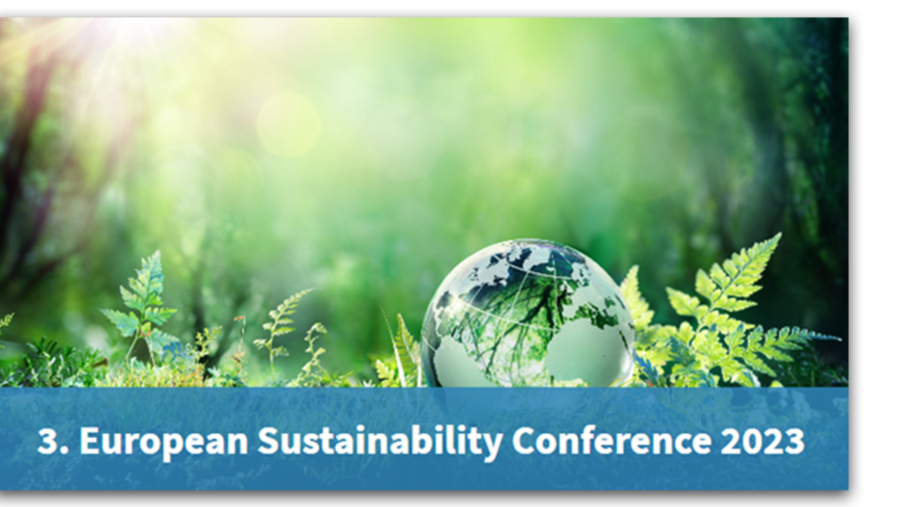Sustainability has become a strategic imperative for companies aiming for sustainable growth and long-term prosperity. Moreover, the paradigm shift is undeniable: current demand not only requires quality products and services, but also active and committed participation in building a socially responsible world. Implementing ESG practices ensures alignment with these market expectations, while opening the door to new investment and collaboration opportunities.
There are various recent studies that demonstrate the specific reasons why companies should invest in implementing ESG from a consumer perspective.
- Improving society is the main priority of multinational companies globally: Within ESG, the S (Social) is of utmost importance for multinational companies. The Global Reputation Monitoring study by Ipsos shows that 42% of consumers agree that large companies should focus more on contributing to an improvement in society, above environmental (E) concerns and good governance practices (G). Therefore, companies are focusing on resolving social issues in their environment, thus providing consumers with what they are looking for.
- Addressing social concerns globally: It is understood that improving society encompasses treatment of employees and diversity, working conditions, child labor and slavery, local communities, funding projects or institutions that serve poor and neglected communities globally, and health and safety. Business leaders believe that improving society begins within their own organizations. Consumers, on their part, mainly want companies to improve working conditions and health and safety for workers. However, consumers also want companies to address broader concerns, such as serving the poor and ending child labor and slavery.
- Addressing environmental concerns globally: Although climate change is a topic of great relevance in politics, globally, waste reduction and pollution are more urgent concerns for the population. According to Ipsos research, consumers are more focused on seeing companies take concrete and feasible actions to improve environmental conditions. For example, reducing the use of plastic, developing more environmentally friendly products, and reducing greenhouse gas emissions have been identified as the main actions consumers want companies to take, rather than the general issue of climate change. These priorities remain notably stable year after year and are generally consistent across all regions of the world. Climate change is somewhat less relevant in Latin America compared to other issues.
In this new paradigm, investing in ESG is more than a strategic choice; it is a vital commitment to the future. New consumers will make their purchasing decisions preferring those companies that show this commitment and action with ESG criteria. To understand the transformation of these criteria into a competitive advantage, IASE® presents the opportunity to elevate business standards through training and certification in ESG. This step will not only reflect their commitment to sustainability, but also provide them with a distinctive competitive advantage in a market where ethical and environmental awareness has become the key differentiator.
For more information about The International Association for Sustainable Economy and its highly recognized certifications on ESG, please visit https://www.iase-certifications.com/ or send us and email to info@iase-certifications.com.






